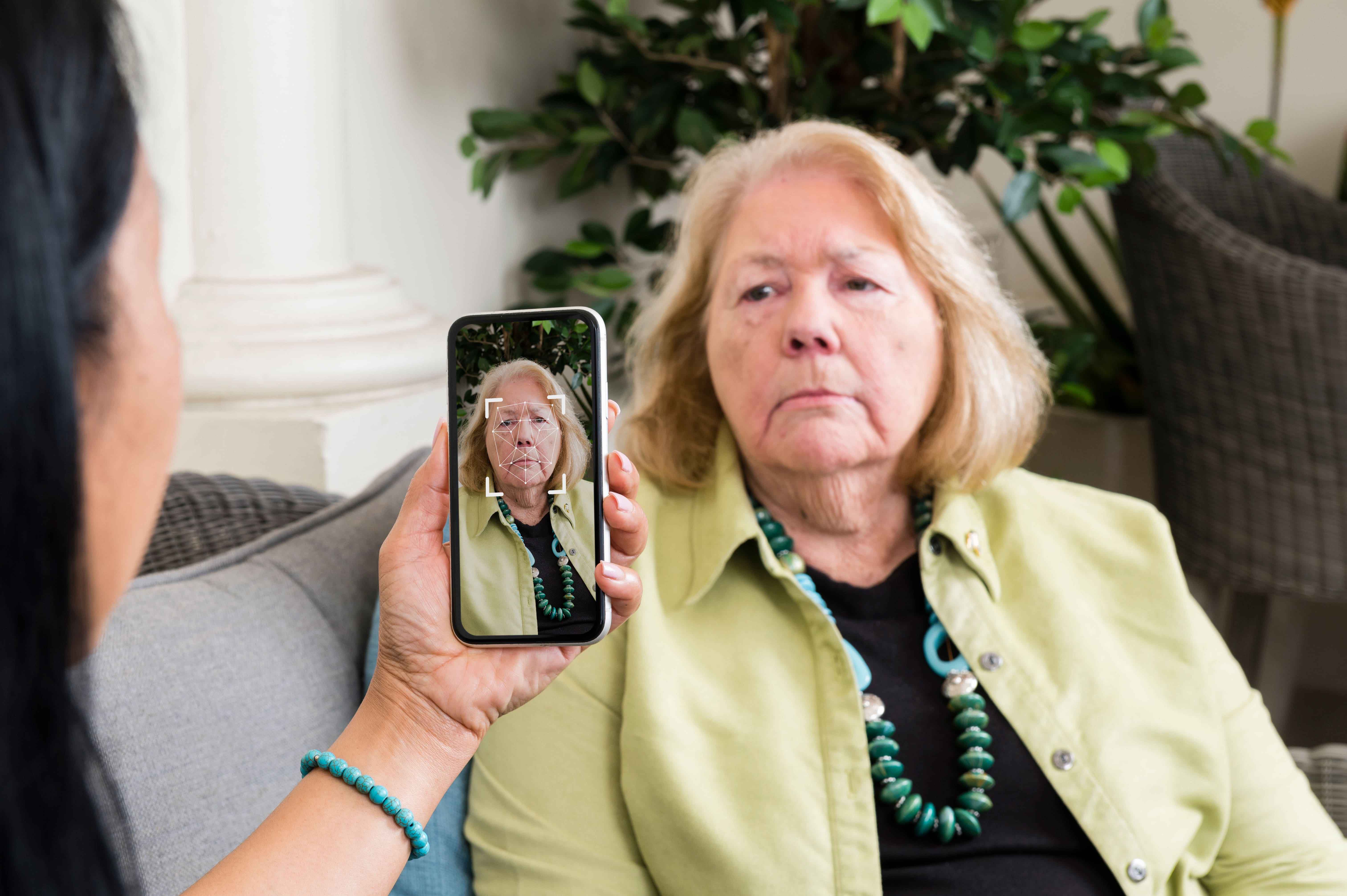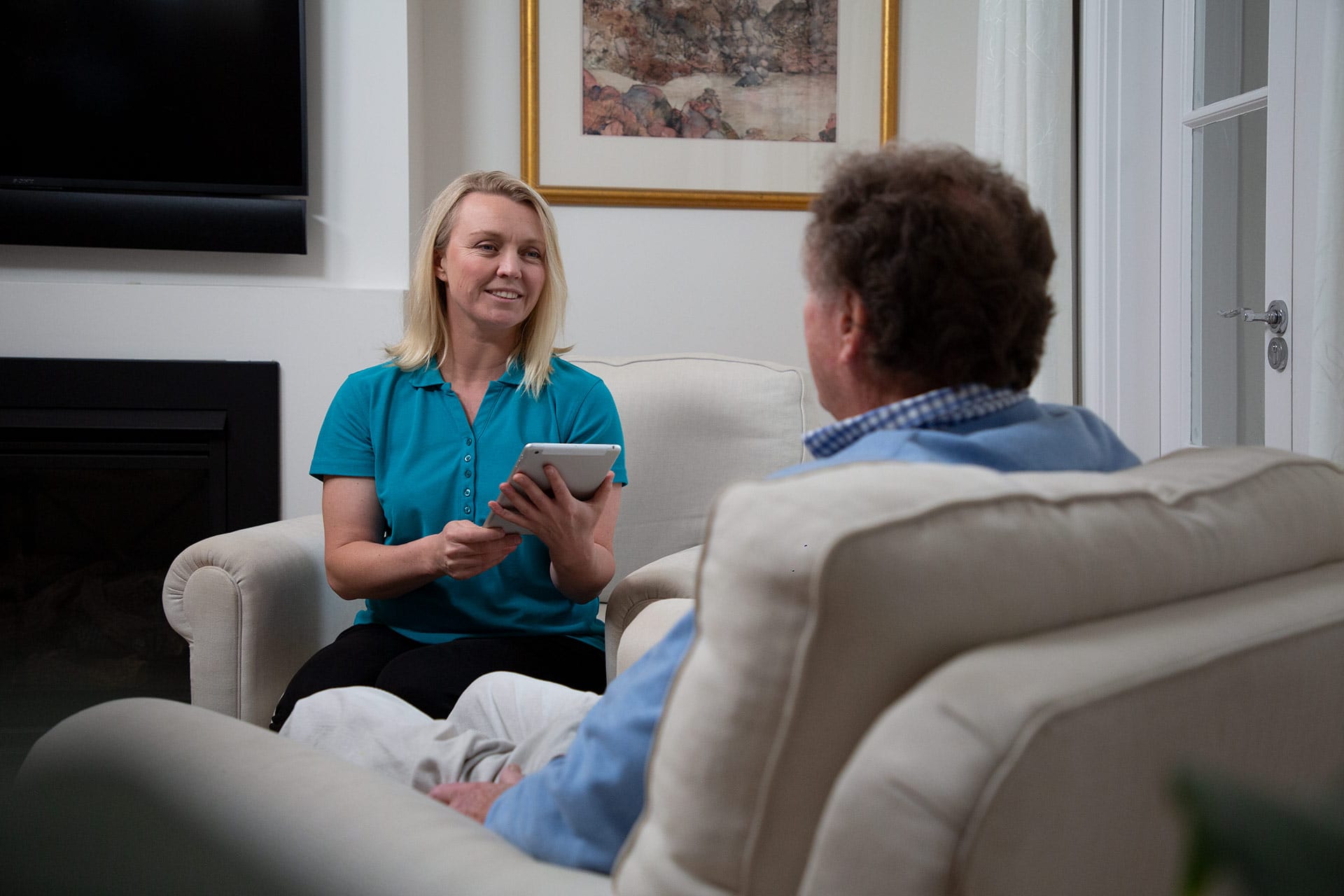Aged care residents at Ryman Healthcare who had been suffering in silence have had their lives changed thanks to a smart phone app that can detect pain in people unable to speak.
The app, called PainChek, uses facial recognition technology to analyse a person’s facial muscle movements to indicate when they’re in pain.
PainChek gives the caregiver an overall pain score for the patient.
Ryman has been using the technology in its Victorian villages since August last year, and has scanned over 280 residents’ faces – more than half of the residents in its high care units.
READ MORE:
 PainChek app using facial recognition technology to identify pain.
PainChek app using facial recognition technology to identify pain.
The company’s Clinical Quality Business Partner, Marion Roberts, said PainChek had become an important tool in ensuring residents receive the highest quality care.
“There's a whole range of reasons why people can't communicate their pain, but with this app it cuts through all those barriers,” Marion said.
“A lot of older people are quite stoic and they don't like to complain, so it’s an amazing way to get a reading on how they might actually be feeling.”
More 2300 PainChek assessments were conducted in December alone across Ryman’s five Victorian villages with operational care centres.
“Our nurses have made it very much part of their assessment of our residents, which is fabulous.
“When you speak to them it's become part of their toolbox like a stethoscope; it's just another tool we can use to help our residents.”
For Angie Angeles, Unit Coordinator at Charles Brownlow Retirement Village, going the extra mile for residents has always been part of her ethos. Using PainChek has helped her go above and beyond for the people she cares for.
“It's very useful, especially in high care, because it's a mix of my high care residents and also residents with dementia, so most of them aren’t able to verbalise their pain,” Angie said.
Ryman nurses can develop and implement plans based on the pain scores that residents produce. Nurses and caregivers are provided a report based on PainChek's results.
Nurses and caregivers are provided a report based on PainChek's results.
Angie believes PainChek also helps to proactively prevent pain while also giving nurses greater insight into why a resident’s behaviour may have changed.
“With PainChek a lot of the time we can control the pain before the resident shows signs or behaviours that indicate pain, so it's less time the residents will feel in pain or be uncomfortable.
“Symptoms of pain can be very different; residents’ behaviour can change, or they become more resistant to care. It will give us an answer on why this sudden change of behaviour has occurred and that there's something more to the issue, and most of the time it's pain.
Angie said the main goal for the family members of high care residents is for their loved one to live as comfortably and pain-free as possible.
“If we can do that, we can go home happy at the end of the day.”
